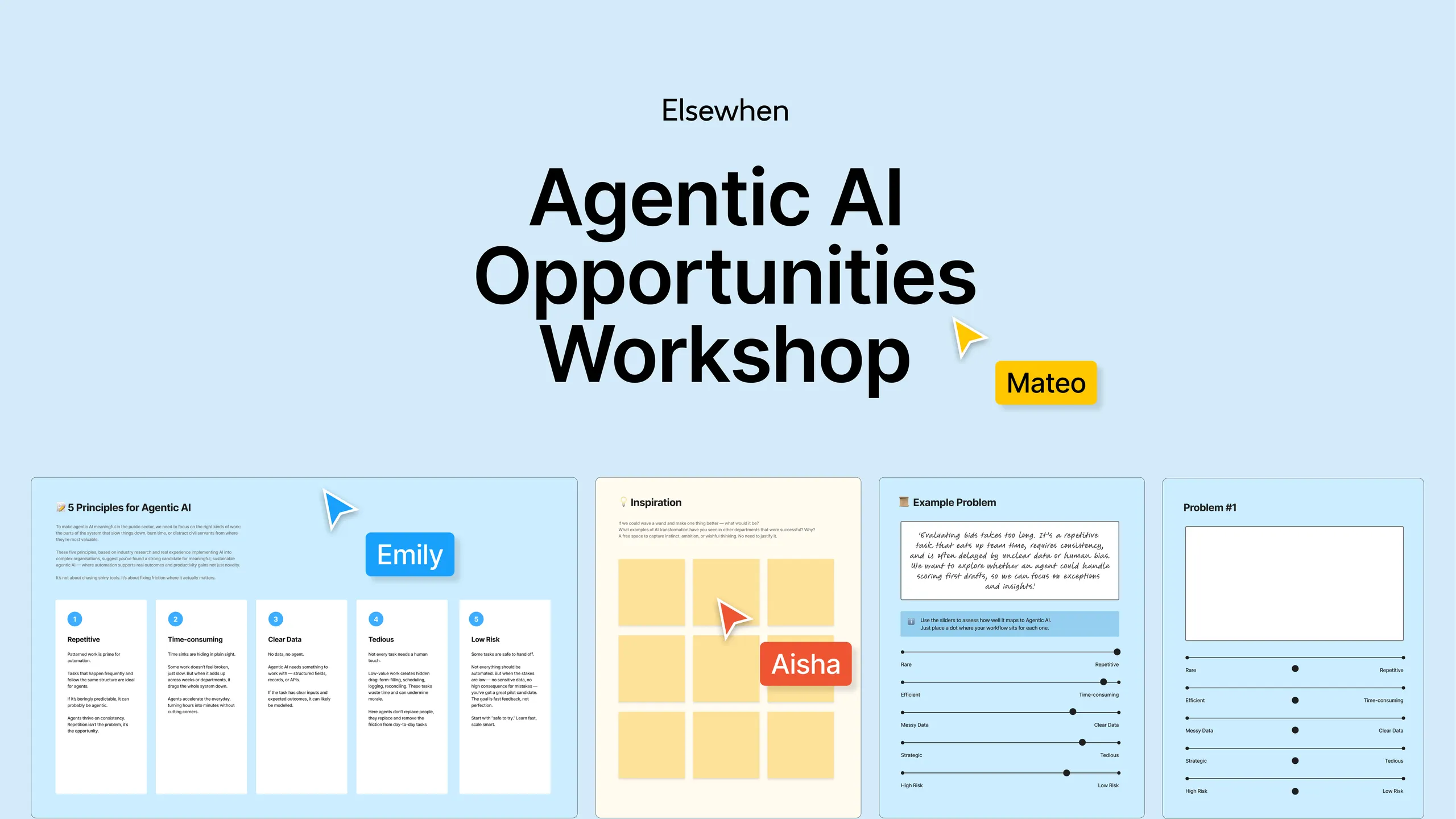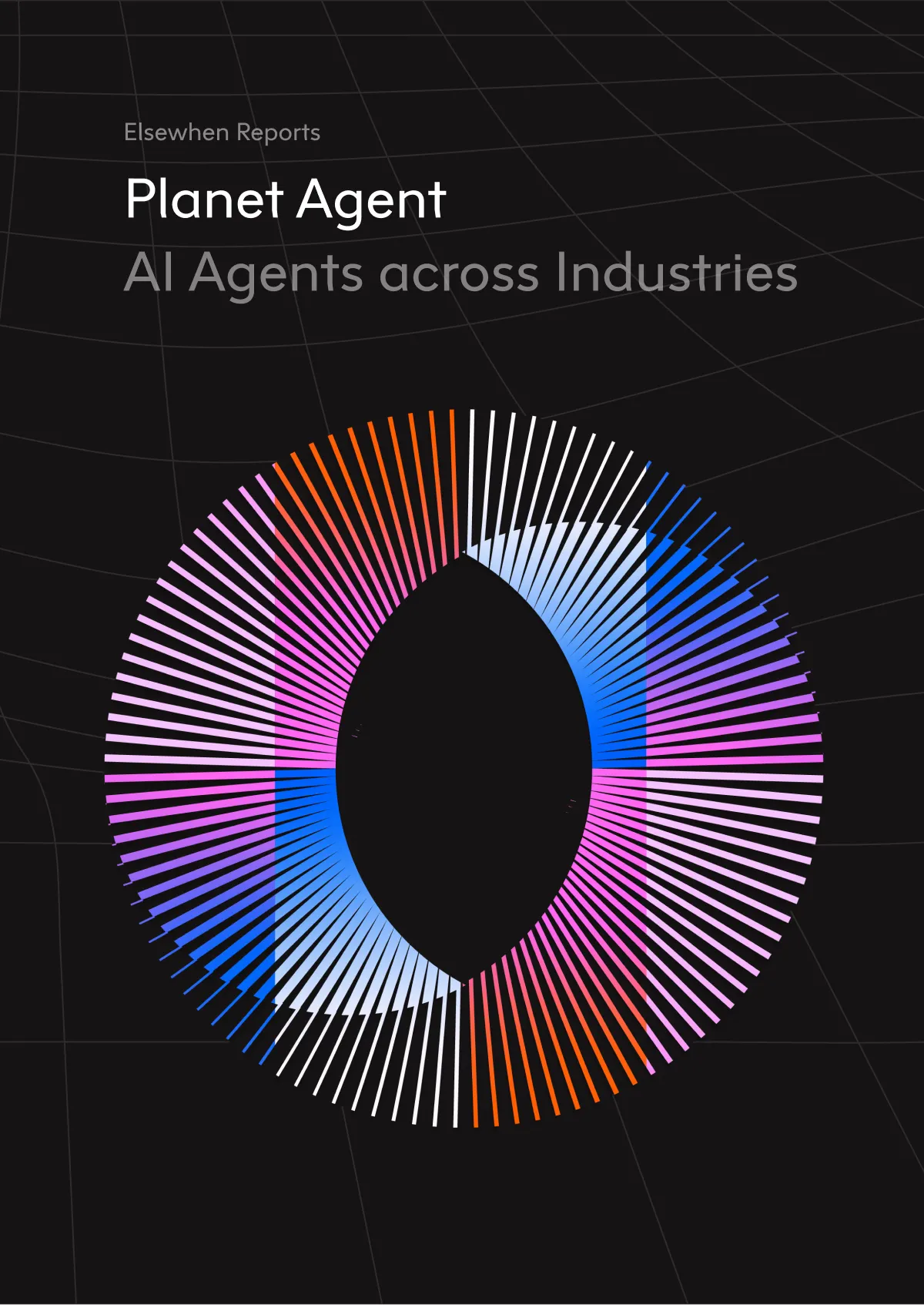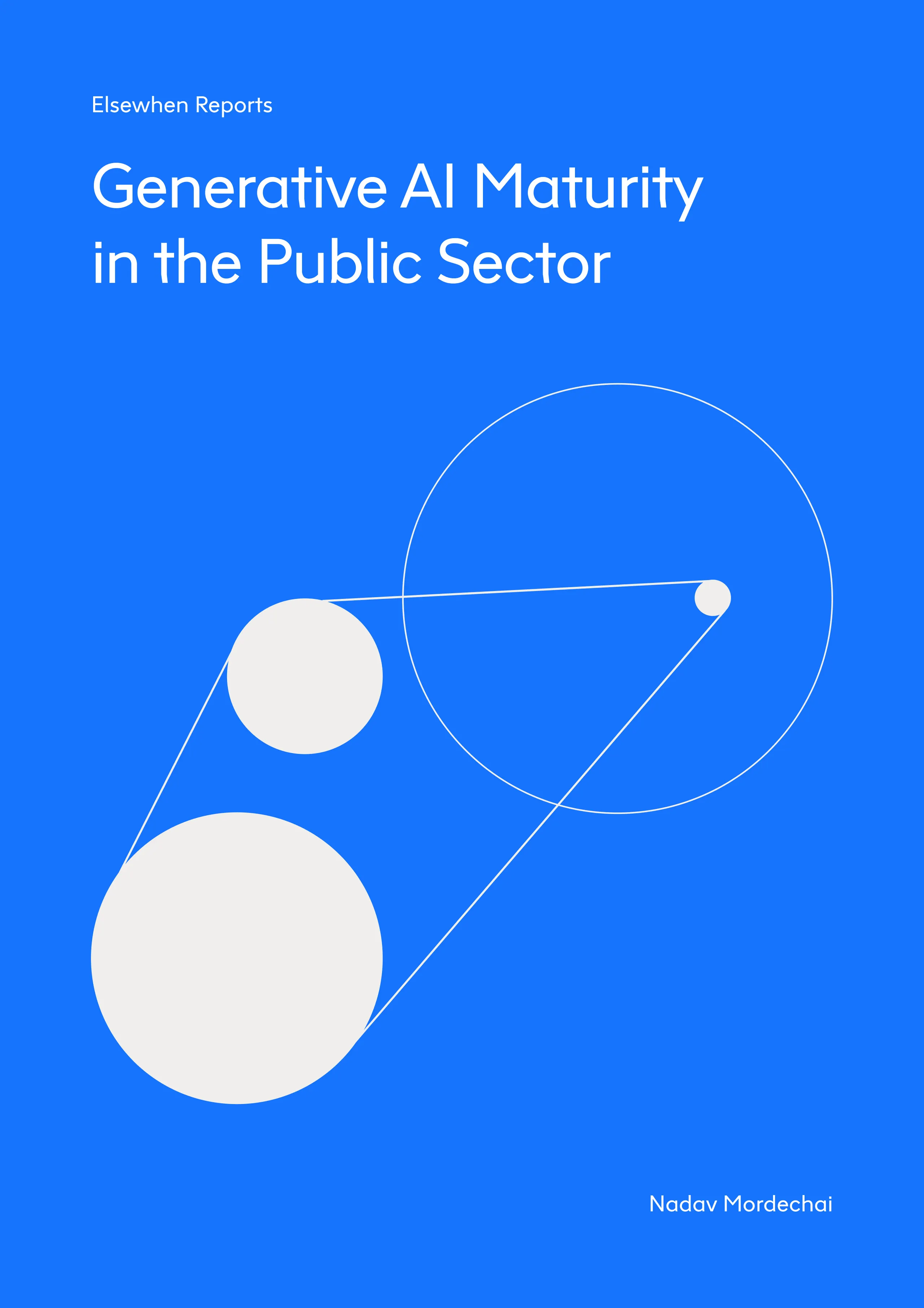When Prime Minister Keir Starmer spoke at this year’s London Tech Week, he issued a clear ambition for AI: “AI innovation making a difference for working people.” In doing so, he elevated AI — and specifically agentic AI — from frontier technology to a national operational priority. At Elsewhen, we view this as a pivotal moment.
Today, talk of AI agents is everywhere. But much of this public conversation centres on personal assistants: tools designed to summarise emails, write documents or help manage calendars. However, these personal productivity helpers are only one small part of the story.
At Elsewhen, We believe the real transformation lies not in individual productivity, but in organisational workflows, agents operating behind the scenes to orchestrate tasks, coordinate systems, and carry out complex operational work that used to take hours of manual labour.
This shift matters because it has the potential to radically change how public services are delivered. From education to planning, asylum processing to hospital discharge, agents are saving time and redefining what’s possible.
In doing so, agentic systems free up the time and energy of civil servants, allowing human talent to focus on where they can uniquely add value: judgment, empathy, and strategy.
In his speech, Starmer spotlighted this very opportunity:
“Jobs that would otherwise have taken hours and hours — done in seconds. A hundred planning records per day, and the usual average up till now is five.”
The message is clear: AI is not just a tool for efficiency. It’s a catalyst for transforming the very operating model of government.
Let’s explore how governments can harness this new class of agentic AI not just responsibly and ethically, but with real impact and at scale.




